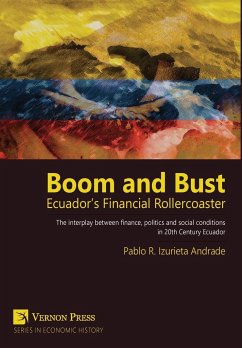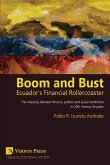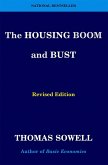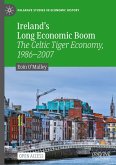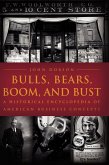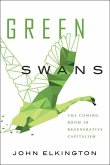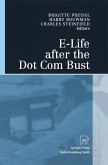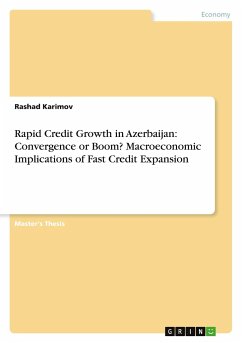Throughout the history of Ecuador, the ambivalent evolution of major political and social events such as the stability of serving presidents, coups and even war, has coincided with changes in the financial environment. The product of careful historical study, "Boom & Bust: Ecuador's Financial Rollercoaster" combines evidence from prior studies with original research, including data from the Central Bank of Ecuador, unpublished diplomatic papers and documents from the personal archives of relevant historical figures. A central finding is that the export performance of Ecuador's three primary commodities - cacao, bananas and oil - has significantly shaped 20th-century Ecuadorian history. Synthesis of old and new insights reveals how the state of the nation's economy has frequently determined the outcome of critical events. All the while, the strength, immediacy and direction of the relationships examined has varied. The book would appeal to anyone with an interest in Ecuador's recent history as well as specialists and scholars of Latin American economic and political history.

